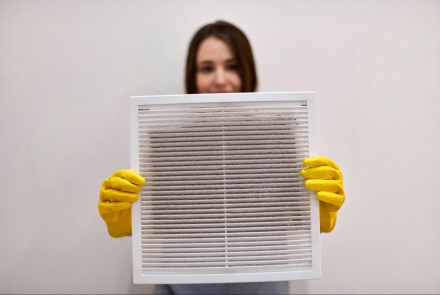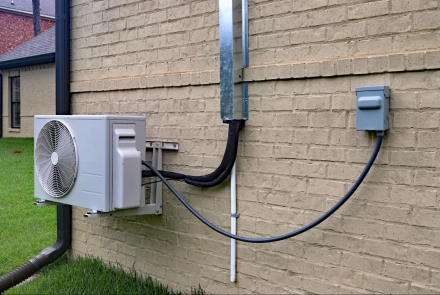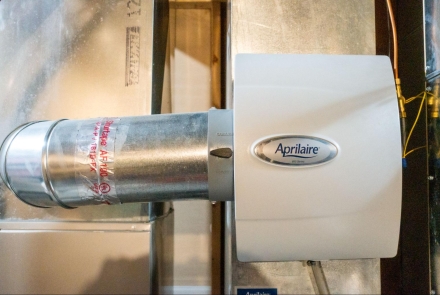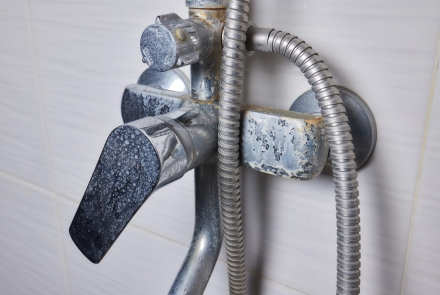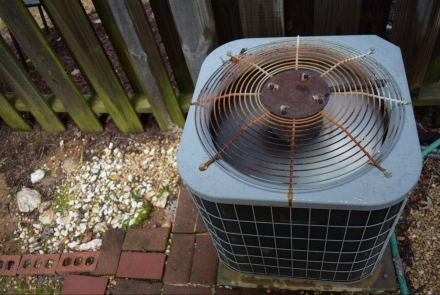The Effects of Hard Water on Your Plumbing
Hard water is common in the Chicagoland area. Leaving homeowners to battle spots on their dishes or plumbing fixtures. While it's not harmful to drink, hard water can take a serious toll on your home’s plumbing.
Knowing how to reduce the effects of hard water will help your plumbing system stay in good shape. This can save you time and money on repairs or new appliances.
What Is Hard Water?
Hard water contains high levels of minerals, such as calcium and magnesium. It leaves behind deposits in your pipes, also known as scale. This buildup might not seem like a big problem, but it can lead to serious hard water plumbing issues in your home over time.
Is Hard Water Bad For Pipes?
The minerals in hard water cling to the inside of your plumbing, constricting your pipes and reducing their efficiency. This is a bigger problem in older homes where plumbing systems are often made of galvanized steel or copper. Buildup and corrosion can happen more quickly in these materials.
Hard water buildup in pipes can restrict water flow, increase pressure, and lead to leaks or even pipe bursts.
Common Hard Water Plumbing Problems
Water Heater Damage
When your water heater heats the water inside, minerals settle in the tank and coat the heating element. This makes your unit work harder and use more energy to heat the water. This leads to higher energy bills and causes it to wear out faster.
Clogged Faucets and Showerheads
The minerals in hard water can affect the water flow from your faucet or shower. If this buildup accumulates, you might encounter reduced water pressure or uneven spray patterns. In homes with hard water, these fixtures will need to be cleaned or replaced more frequently.
Corroded Appliances
Hard water causes increased wear and tear on your appliances, like your dishwasher or washing machine. The mineral deposits left behind by hard water can rust internal components, reducing the efficiency of your appliances.
Drainage Issues
Mineral buildup isn’t just a danger to your pipes. It can also cause your drains to back up. These deposits can trap other debris like hair, soap scum, and grease, leading them to drain slower or clog. This can cause standing water in your sink or shower.
5 Signs You Have Hard Water
- White spots on dishes or glassware
- Increased soap and detergent use
- Stiff laundry
- Reduced water pressure
- Dry skin or hair
How To Solve Plumbing Issues Caused By Hard Water
Install a Water Softener
The most effective way to deal with hard water is by installing a water softener. These systems remove excess minerals from the water entering your home. Whether you choose a salt-based or salt-free option, you’ll see immediate improvements in your water quality. You’ll end up saving money in the long run by avoiding the buildup that causes most hard water plumbing problems.
Regular Plumbing Maintenance
Even with a water softener, scale can still accumulate in your system over time. Regular maintenance, such as flushing water heaters and having your plumbing inspected, can keep your pipes clear. It also helps identify minor problems before they become bigger repairs.
Upgrade Worn Fixtures
If your faucets, showerheads, or appliances are showing signs of mineral damage, it may be time to upgrade. Choose fixtures designed to resist buildup, and you’ll spend less time cleaning—and less money replacing them.
Do You Need a Water Softener Installed?
Plumbing repairs and system replacements can be expensive. Hard water can damage your pipes, water heater, and fixtures, and the costs to fix these issues can add up quickly.
If you see signs of hard water or have buildup problems, the experts at Robert Bair can help. We will ensure your plumbing system is in good shape and that your home’s water isn’t causing any damage.


